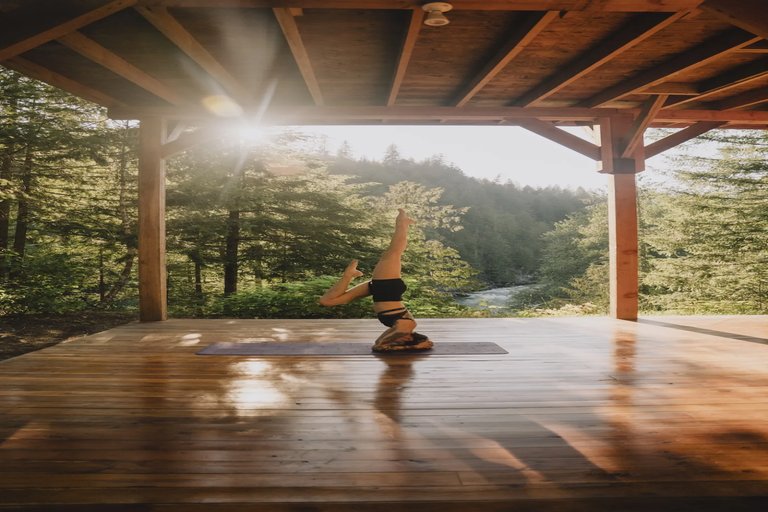Wellness & Mind
Yoga and Inuit Traditions Combine in Northern Wellness Retreat
An innovative retreat in Nunavut blends traditional yoga practices with Inuit approaches to mental clarity and spiritual balance.
Published on 2025-07-03T21:15:28
By Trevor Holden

A new wellness retreat in Nunavut is turning heads by blending traditional yoga practices with Indigenous Inuit philosophies on mental clarity and spiritual connection. Located near the hamlet of Rankin Inlet, the retreat has attracted visitors from across Canada looking for a unique approach to mindfulness and personal growth.
The retreat, named 'Still Wind Lodge,' hosts week-long sessions where participants practice daily yoga, breathwork, and guided meditation in a serene tundra setting. But unlike typical retreats, each program is infused with Inuit traditions—such as storytelling, drum circles, and land-based teachings led by local elders.
Retreat co-founder Alexia Arviat, who is Inuit herself, said the idea emerged from her desire to bring wellness services to the North that didn’t feel imported or disconnected from local culture. “Wellness needs to feel like home,” she said. “We’re not just adapting yoga; we’re grounding it in Inuit worldviews.”
Each day begins with sunrise yoga followed by workshops on traditional healing practices, including throat singing, moss pouch creation, and teachings on seasonal rhythms. Meals feature local ingredients such as Arctic char and bannock, reinforcing a deep connection to the land.
The lodge itself is an architectural blend of modern insulation and traditional igloo-like design, powered by solar panels and built with sustainability in mind. It can accommodate up to 20 guests per session and is already booked through the end of the year.
Participants describe the experience as emotionally transformative. “I came here thinking I’d just do yoga and hike,” said Kristina Lowe, a social worker from Ottawa. “Instead, I found something that touched parts of me I didn’t know needed healing.”
Mental health professionals have praised the retreat’s approach to wellness as an example of culturally integrated therapy. The Canadian Association of Holistic Therapists recently named it one of the most innovative mental health retreats in the country.
Organizers hope to expand the model to other Arctic communities and to train more local residents in both yoga instruction and traditional facilitation. “It’s not about importing wellness,” said Arviat. “It’s about remembering that healing has always been here.”